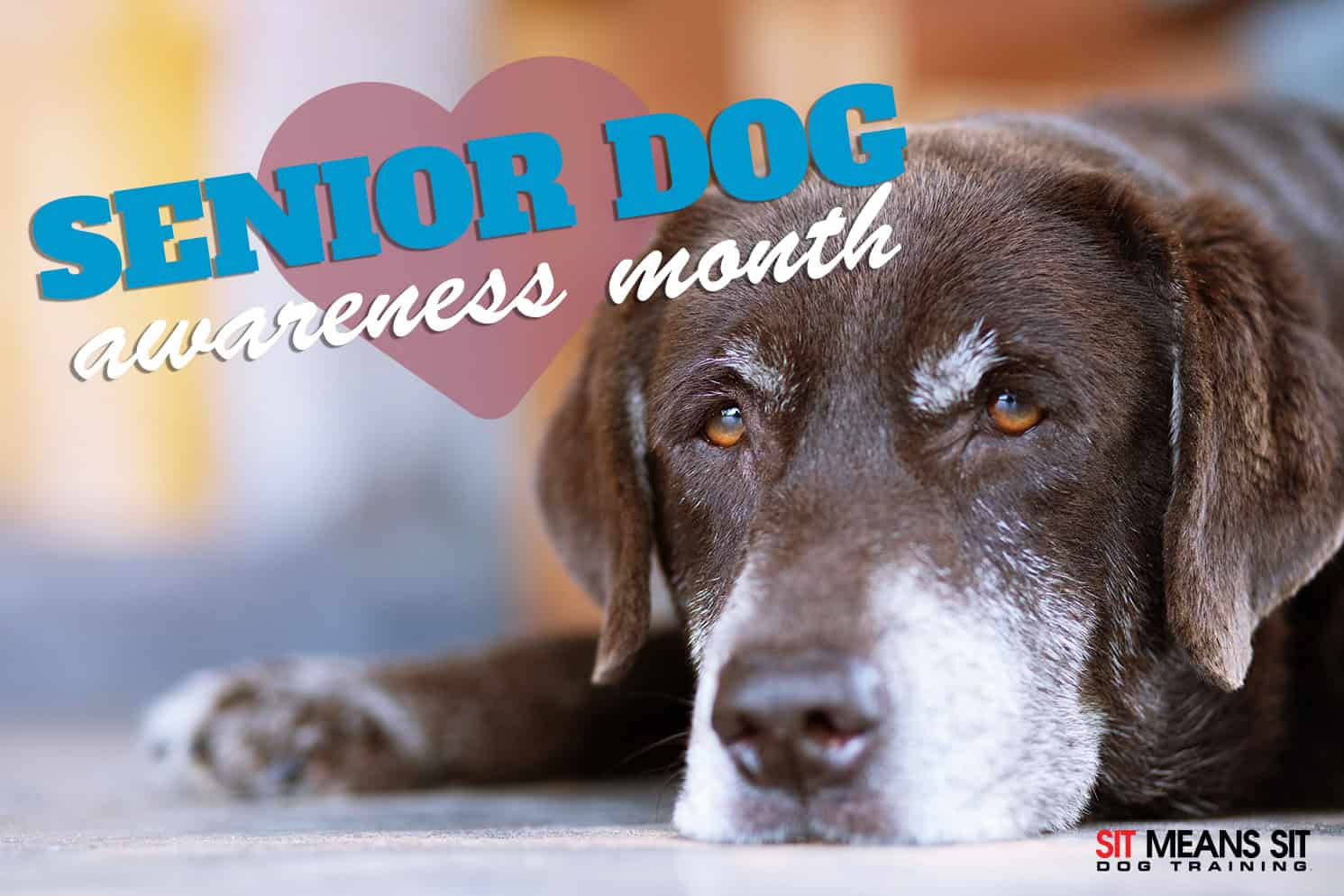November is Senior Dog Awareness Month: It’s Never Too Late to Train!
As November rolls in, we observe Senior Dog Awareness Month, a time to celebrate our beloved older canines and recognize the unique challenges they face. You might have heard the old saying, “You can’t teach an old dog new tricks,” but let’s bust that myth right now! Senior dogs often grasp training concepts surprisingly quickly. So don’t give up on your pup just because they’ve gone a little grey around the muzzle!
Why Training Matters, No Matter the Age
Every dog, whether they’re just starting out at two years old or gracefully aging at twelve, deserves the best quality of life. Training isn’t just for puppies; it can significantly enhance your senior dog’s life in various ways:
1. Boosts Confidence: With age can come uncertainty. Engaging in training sessions can help your dog feel more secure and confident in their abilities. This can lead to a happier and more relaxed pup.
2. Strengthens Bonds: Training is a fantastic opportunity to strengthen the bond between you and your dog. Shared activities foster trust and communication, making both of you happier.
3. Promotes Mental Stimulation: Senior dogs can become bored or lethargic, leading to behavioral problems. New tricks, games, or commands can provide mental challenges that keep their minds sharp and active.
4. Improves Behavior: If your dog has developed habits such as barking excessively or pulling on the leash, training can be a way to address those issues. It’s never too late to initiate positive change in their behavior.
5. Enhances Quality of Life: A well-trained dog is often more adaptable to different situations, making outings more enjoyable and stress-free for both of you.
Tips for Training Your Senior Dog
While training a senior dog can be tremendously rewarding, there are a few considerations to keep in mind:
– Be Patient: Older dogs may take a bit longer to learn new commands. Patience is key. Celebrate small victories and ensure training sessions are short but frequent.
– Stick to a Routine: Establish a regular training schedule. Dogs thrive on consistency, and a routine can help them understand when to expect training time.
– Keep it Fun: Incorporate play into training sessions to make them enjoyable. The more fun it is for your dog, the more motivated they will be to learn.
– Consider Physical Limitations: Always keep your dog’s physical health in mind. Avoid strenuous activities or lengthy sessions if your dog has certain limitations. Modify exercises as needed to accommodate their abilities.
This November, let’s embrace the spirit of Senior Dog Awareness Month by committing to our older companions. Remember, it’s never too late to start training. With a little patience and love, your senior dog can thrive and enjoy life just as much as a younger pup. Whether you want to solve pesky behavioral issues or simply enhance their overall happiness, take the time to invest in their training. A well-trained senior dog is a happier dog—and a happier dog makes for a happier owner!
Let’s celebrate our furry friends and ensure they continue to shine in their twilight years!

